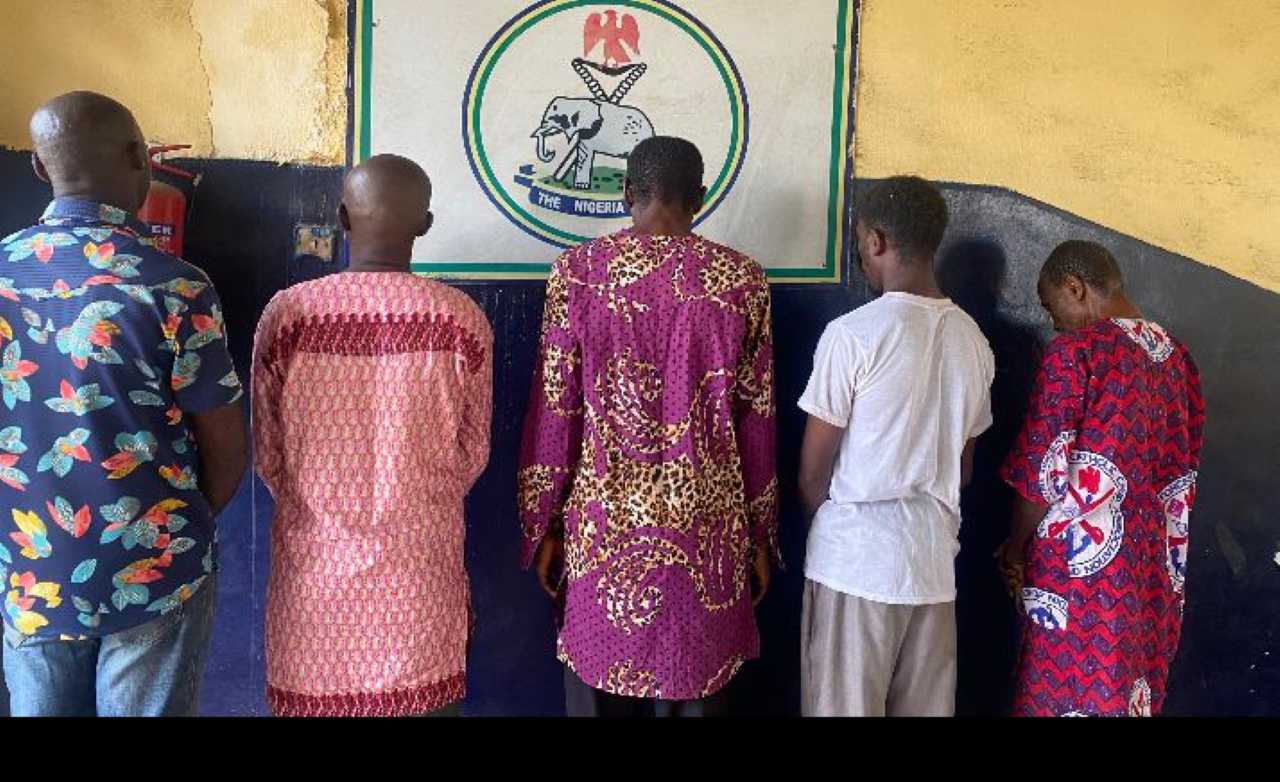Former Governor of Osun State and National Secretary of the African Democratic Congress (ADC), Ogbeni Rauf Aregbesola, has called for a comprehensive review of Nigeria’s electoral process to restore public confidence and ensure credible elections.
Speaking at the launch of the Athena Election Observatory (AEO) and the unveiling of a report titled “Innovation in Electoral Technology (2015–2025): Gains, Gaps, and the Road Ahead” by the Athena Centre for Policy and Leadership, Aregbesola said the current system, where the sitting president appoints the Chairman of the Independent National Electoral Commission (INEC), undermines credibility and transparency.
He proposed a new model where all political parties with at least five members in the National Assembly nominate representatives to lead INEC on an equal basis.
According to him, such an arrangement would eliminate partisanship and foster trust among stakeholders.
“The principal beneficiary of manipulation should not be the one to nominate who chairs INEC,” Aregbesola said.
“Let political parties with at least five members in the National Assembly nominate those who will lead the Commission. That will inspire confidence and resolve the major issues undermining our elections.”
He argued that confidence in the electoral process begins with how officials are appointed, adding that election results should never be announced before the completion of collation.
The ADC scribe also urged INEC to publicly demonstrate the technologies it plans to deploy for the 2027 general elections.
“Don’t tell us you are using BVAS or IReV only for us to see something different on election day. Physically demonstrate the system so Nigerians can understand how it works,” he said.
Aregbesola further recommended linking voter registration with the National Identification Number (NIN) to eliminate multiple registrations and ensure credible voter data.
He also emphasized the need for the judiciary to protect the will of the people, warning that allowing courts to install losers through technicalities damages democracy.
“The minimum that should happen in any disputed election is for the court to order a fresh poll—not to decide for the people,” he added.
Governor of Anambra State, Prof. Charles Soludo, commended INEC for the progress it has made in adopting technology, scoring the Commission 90 per cent in performance based on Anambra’s experience since 2019.
Zamfara State Governor, Dauda Lawal, also praised the introduction of BVAS as a key innovation but called for better integration between BVAS and IReV to ensure real-time transmission of results.
He stressed that technology must be supported by reliable infrastructure, such as network connectivity, to achieve seamless elections.
Lawal also called for stronger institutions and adherence to the rule of law, noting that some politicians manipulate security agencies for selfish interests during elections.
Former Minister of Aviation and Chancellor of Athena Centre, Osita Chidoka, said electoral officers must be independent, professional, and free from political interference. He suggested that political parties should have representation within INEC to enhance accountability.
Chidoka argued that technology itself has not failed but that poor governance and weak oversight have allowed manipulation to persist.
He called for radical transparency in INEC’s decision-making process and an amendment to electoral laws to allow alternative electronic identification, such as the National ID card, driver’s licence, or passport, for voting.






